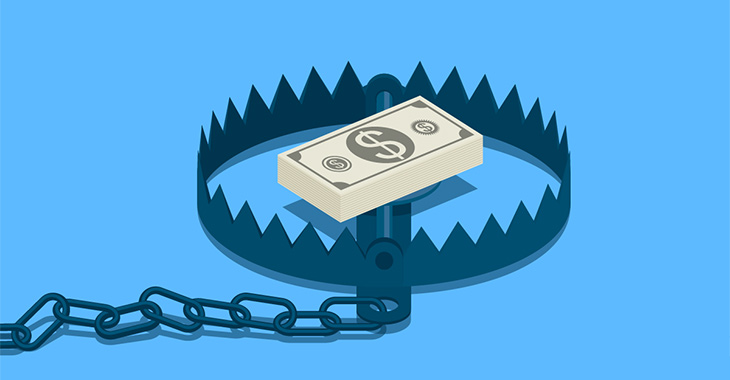Getting your first credit card can be very exciting. Credit cards are the most secure and rewarding forms of currency to date if used wisely. But I’m quite sure you might have heard of some credit card horror stories. It’s true. It’s easy to misuse your credit card and that’s why it’s important to know these credit card tips before you start buying with your plastic money:
Keep Strong Checks
That’s the first rule of keeping a credit card. Review your monthly statements. Your credit card provider will send you monthly statements of your card use. Don’t file them without even looking at them. In fact, review them very carefully. This happens more often than most people think. Sometimes, a card gets swiped twice or there is an error in the payment amount. All this makes it to your monthly statement. Keep your credit card receipts with you and tally them with the monthly statements at the end of the month.
Set Up Balance Alerts

Many credit card providers now have the feature of balance alerts for their users. You will get a text message or an email telling you when your spending amount goes above a certain limit. Such alerts allow you to manage and keep track of your credit card bills. You don’t want to end up with a scary card statement.
You can even set the limit on your own. The rule of thumb is to set the limit to 30 percent of your credit card limit.
Paying Your Dues
There are three ways your credit card provider will be charging you. These are late fees, financial charge, and an annual fee. You might not be able to avoid the annual fee if your credit card has one.
With a credit card, it’s always a good idea to pay your bills on time. Credit cards usually almost double your interest rates after the due date. Set up reminders when your credit card bill is due. Avoid late payments at any cost. If your card due dates don’t match with your salary deposit day, you can request your provider to adjust your due date. This way you can avoid late payments due to insufficient funds.
The financial charge is the charge you will pay your bank if you don’t pay your minimum payments on time. With every late payment, your interest rate increases. They can accrue over time and you might end up as another horror story.
To avoid this, you should at least pay the minimum amount on your credit card before the due date. However, I would not advise on that. Your card provider might classify you as high risk and might increase your interest rates if you aim at paying just the minimum amount.
Cash Advance

Cash advance on your credit card might mean a higher interest rate. You might also not be offered a grace period, in case of late payment. And with a late payment, you might have to pay an even higher internet rate as penalty. That’s why it’s unwise to withdraw cash from your credit card.
Use Your Rewards
According to research, 31 percent of credit card holders aren’t using their credit card rewards. Don’t be one of the 31 percent. Your credit card provider partners with different brands. Through these partnerships, they offer you a discount, gift cards, points, and even cash back on your purchases. You can save some decent money on plane tickets, your favorite restaurant or even your child’s football sessions. Request your bank to provide you with the brand partnership list and their reward structures to make the best of your credit card.
Another pro tip when choosing your credit card is to look for the brands they are linked with. Choose a provider that has your favorite brands on the panel.
Your Rights
When you enter any kind of a contract, especially a financial one, it’s important to understand your legal rights. You have two important rights as a credit card holder.
The Fair Credit Billing Act gives you the authority to dispute any errors in your credit card. If you find that your credit card is showing an erroneous transaction, you should contact the bank immediately and clarify the error. Otherwise, this might impact your credit score later on. You can also dispute your Equifax report or any other credit score report later on from the three credit score bureaus in the US.
As a credit card holder, you are also protected through The Truth in Lending Act. This act mandates that your credit card provider explain all the terms of the contract to you in a language that you can easily understand and interpret. Before you sign the contract, get the bank executive to explain the contract. Find out the interest rate, card limit, and the annual fees. Also, before choosing a credit card, it’s a wise step to compare the interest rate, card limits and annual fees on multiple credit cards before choosing your provider.















